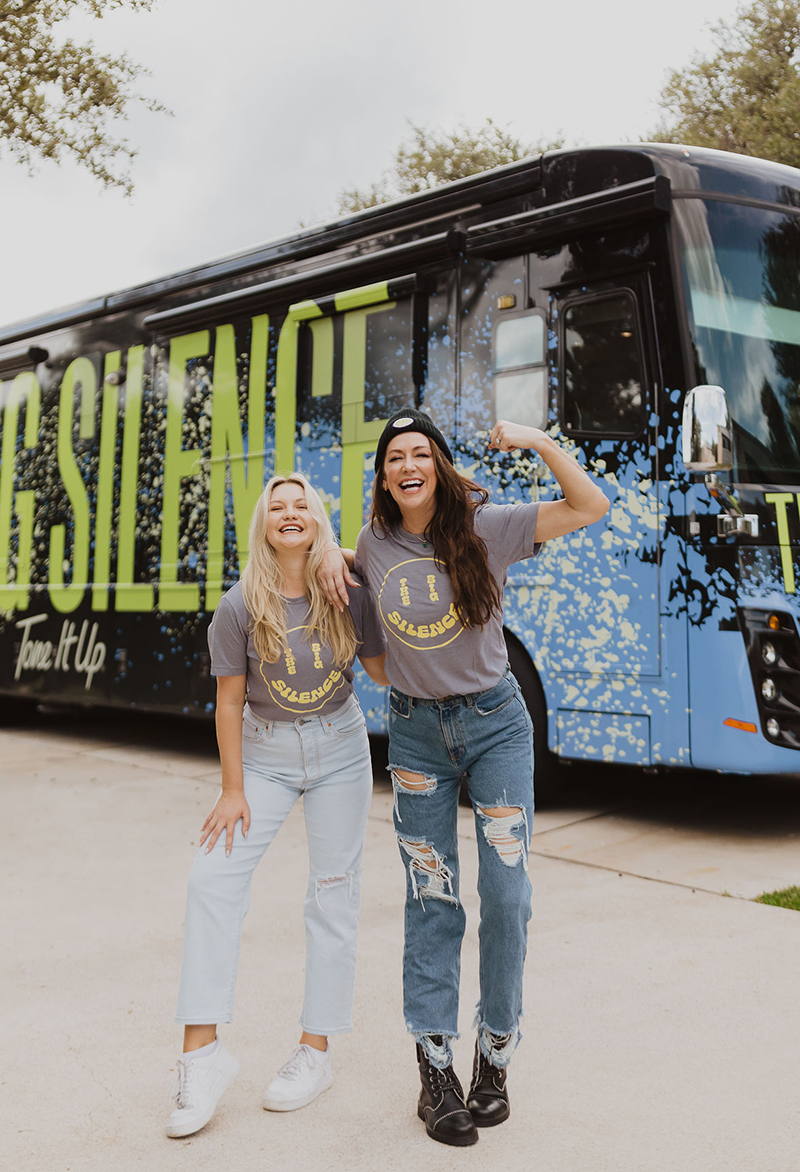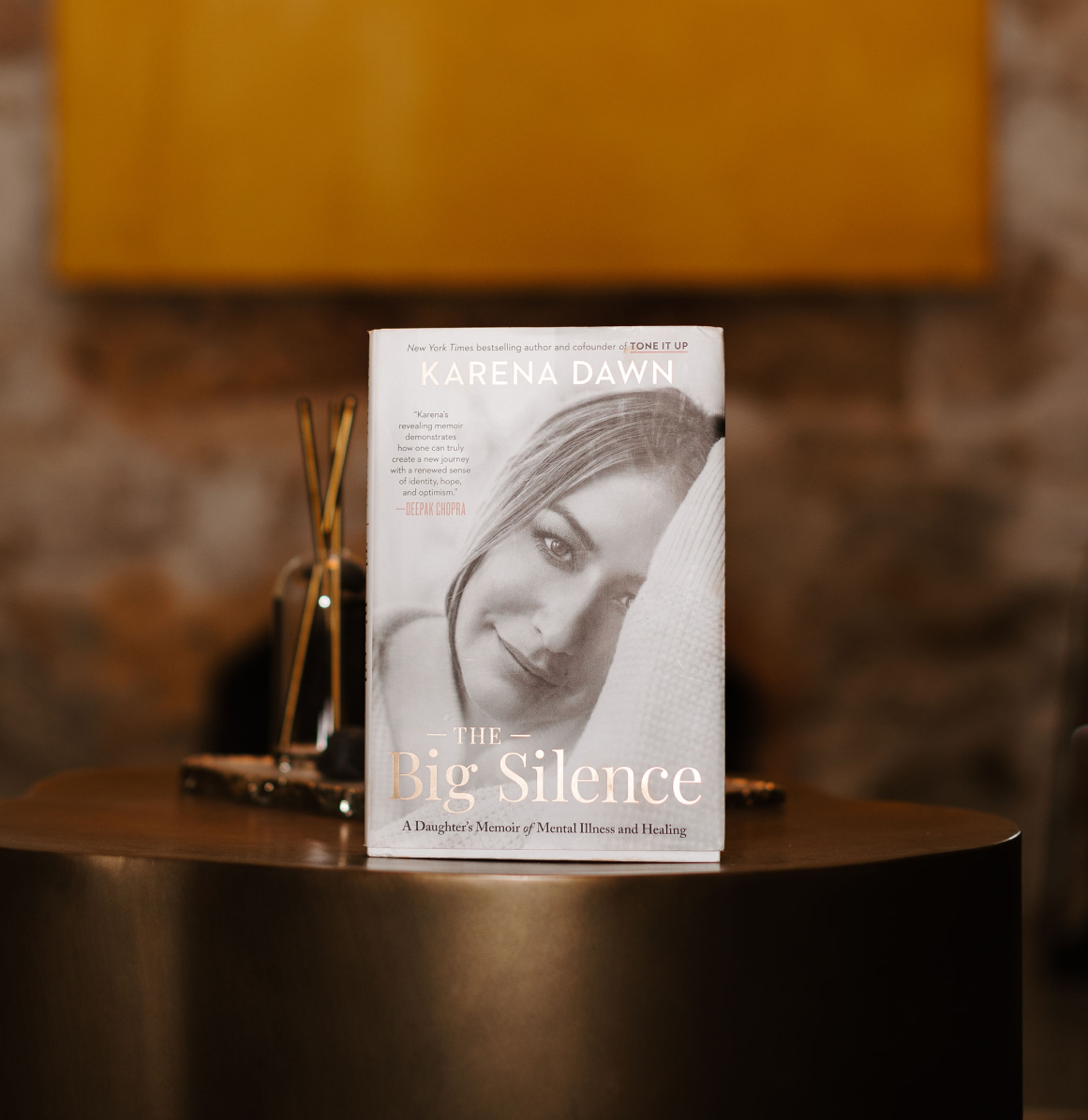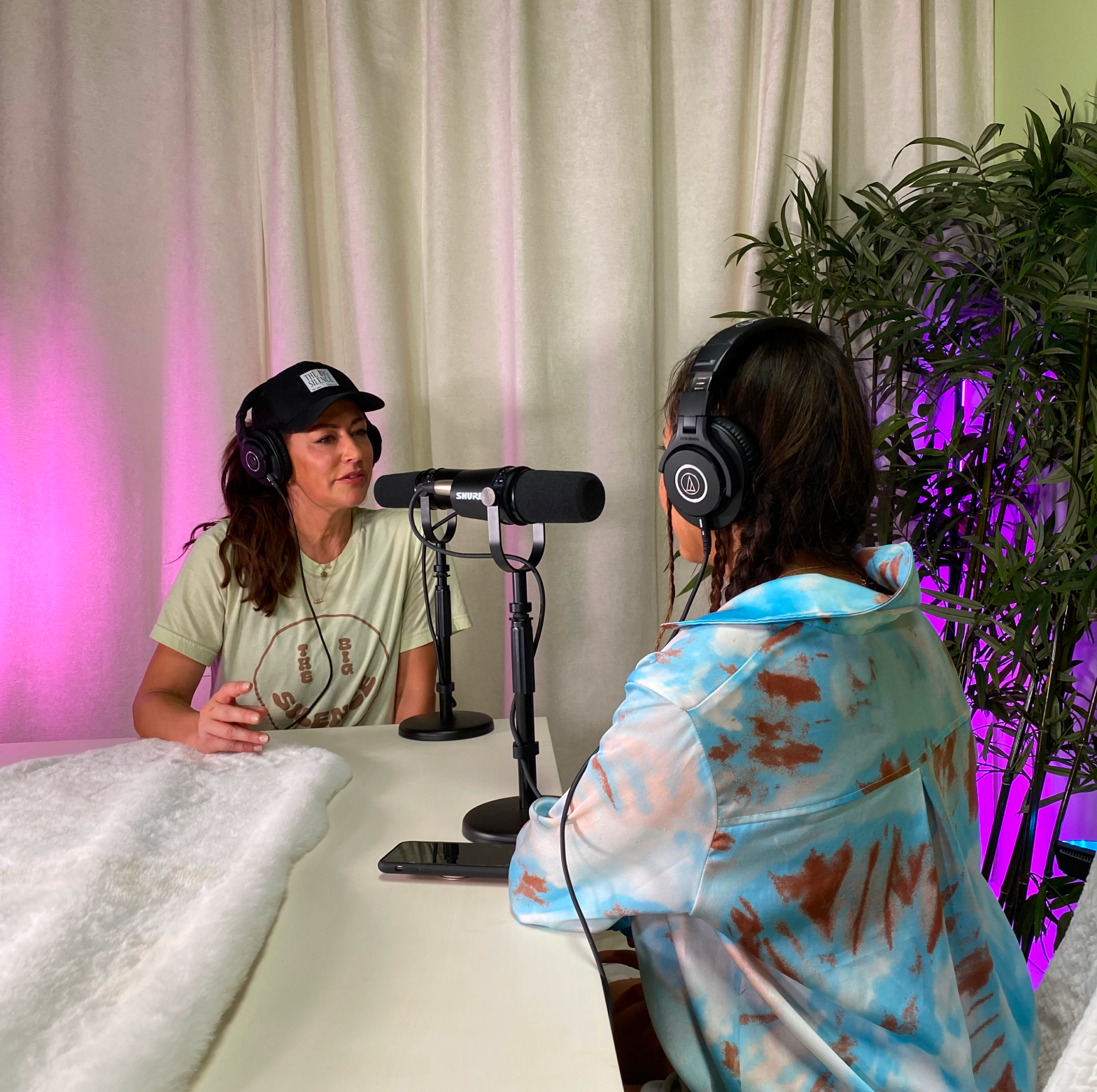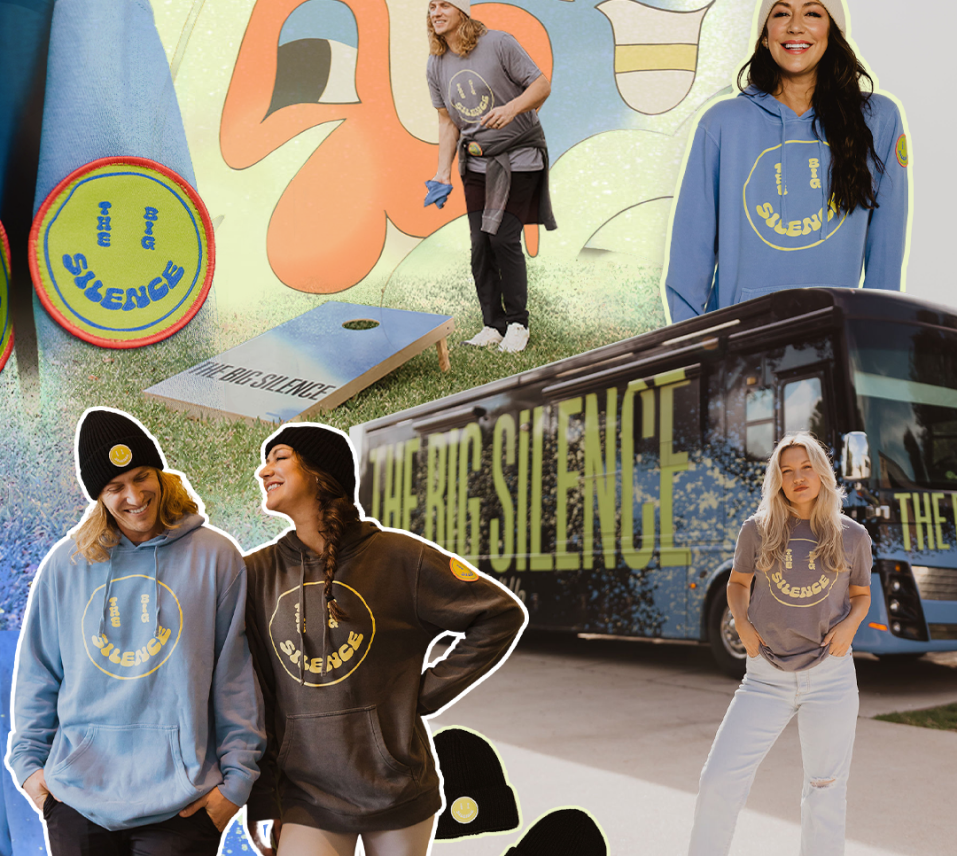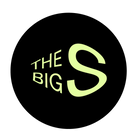What You Need to Know about Caffeine, Alcohol, and Mental Health
In this week's Big Feels conversation, Karena and James dive into the possible effects of caffeine and alcohol on mental health. They're sharing personal experiences, practical insights, and actionable advice: from managing anxiety and depression to understanding how these substances affect sleep and mood, this discussion offers valuable takeaways for anyone looking to improve their mental well-being.
This conversation is a must-watch for anyone prioritizing mental health and looking for practical, relatable ways to support their well-being. Tune in for an honest and inspiring dialogue!
Key Takeaways:
-
Caffeine and Anxiety: The importance of monitoring caffeine intake, especially for those prone to anxiety or sleep disturbances.
-
Alcohol and Mental Health: Why reducing or eliminating alcohol can significantly impact anxiety, depression, and overall wellness.
-
Medication Interactions: The critical importance of avoiding alcohol while on medications for mental health, as highlighted by both personal anecdotes and medical guidance.
-
Listening to Your Body: Learning to adjust your consumption of caffeine and alcohol based on your body's changing needs over time.
-
The Rise of Alcohol-Free Alternatives: The growing popularity of mocktails, alcohol-free events, and mindful drinking movements.
Who Should Watch:
-
Anyone curious about the connection between mental health and lifestyle habits.
-
Those seeking alternatives to alcohol or looking to regulate caffeine for better sleep and mood.
-
Individuals managing anxiety, depression, or other mental health challenges.
-
Anyone on mental health medication who wants to ensure their choices align with their treatment plan.
De-Stigmatizing Addiction
Dr. Dave Rabin breaks down the normal human experience of feeling our feelings, and what addiction really means.
"Humans are feeling machines and our bodies are meant to feel it.... People aren't taught that it's OK to feel."
What Addiction Really Means:
Restoring Hope to Mind & Body
Captain Sandy Yawn was only 13 when she began to use drugs and alcohol. It took removing the use of drugs and alcohol to restore hope. The `'12 Steps' helped to change her life:
How to Cut Down on Alcohol and Caffeine Without the Guilt
Reducing your intake of alcohol or caffeine can be a big shift, especially if they’ve been part of your daily routine for years. Whether you're making this change for better sleep, improved mental clarity, or overall health, the journey doesn’t have to be overwhelming. Here are some small, manageable steps to make the process easier—without the guilt if things don’t go perfectly right away.
1. Start Small
You don’t have to quit overnight. Instead, try gradual steps:
-
If you drink four cups of coffee a day, reduce to three for a week, then two.
-
Swap out one alcoholic drink for a non-alcoholic alternative at social gatherings.
-
Try a caffeine-free or lower-alcohol version of your usual drinks.
2. Find a Replacement You Enjoy
Cravings often come from habit and association. Replace your usual drink with something satisfying:
-
Try herbal tea or decaf coffee in place of your afternoon espresso.
-
Enjoy sparkling water with fruit instead of a cocktail.
-
Experiment with alcohol-free mocktails or kombucha for a flavorful alternative.
3. Change Your Environment
Often, drinking habits are tied to certain routines or settings:
-
Switch up your morning routine—go for a short walk instead of immediately reaching for coffee.
-
If you usually unwind with a drink after work, try a new ritual like stretching, listening to music, or journaling.
-
Keep healthier alternatives easily accessible to make the switch more convenient.
4. Address the Underlying Reasons
Ask yourself why you reach for caffeine or alcohol. Is it for energy? Stress relief? Social comfort?
-
If you need an energy boost, focus on better sleep, hydration, and movement.
-
For stress relief, practice deep breathing, meditation, or engaging in a hobby.
-
If social drinking is your challenge, plan fun activities that don’t revolve around alcohol, like a movie night or a nature walk.
5. Be Kind to Yourself
Not every day will be perfect, and that’s okay. Cutting back isn’t about deprivation or failure—it’s about making choices that support your well-being.
-
Celebrate progress, no matter how small.
-
If you slip up, don’t be hard on yourself—just reset and keep going.
-
Remind yourself why you started and focus on the benefits you’re experiencing.
6. Health Benefits of Cutting Down
Reducing alcohol and caffeine intake can have significant physical and mental health benefits:
-
Better Sleep: Less caffeine means improved sleep quality, and reducing alcohol can prevent disruptions to deep sleep cycles.
-
Lower Anxiety Levels: Caffeine can increase jitters and stress, while alcohol can contribute to mood swings. Cutting back can help stabilize emotions.
-
Improved Focus and Mental Clarity: Without caffeine crashes or alcohol fog, you may find it easier to concentrate and feel more mentally sharp.
-
Better Hydration and Digestion: Both substances can dehydrate you and irritate digestion, so reducing them can lead to improved overall gut health.
-
More Stable Energy Levels: Instead of peaks and crashes from caffeine or alcohol, you may experience more consistent energy throughout the day.
7. Where to Find Support
Making changes can be easier with encouragement and guidance. If you need support:
-
Online Communities: Join groups focused on mindful drinking or caffeine reduction, such as r/stopdrinking or r/decaf on Reddit.
-
Apps: Apps like Sunnyside and Reframe help track alcohol reduction.
-
Therapists & Support Groups: If you're struggling with dependence, a counselor or programs like Alcoholics Anonymous (AA) or SMART Recovery can provide guidance.
-
Friends & Family: Let those close to you know about your goals so they can offer encouragement and accountability.
Making a change doesn’t mean you have to give up what you love—it just means making choices that align with your goals and lifestyle. Take it one step at a time, and remember that every small shift counts toward a healthier, more balanced you.
BIG FEELS FEEDBACK
How are you really feeling? We'd love to hear about your week, or share your favorite tools for the week in the comments!
|
The Big Silence Foundation, Inc is a U.S. tax-exempt 501(c)(3) organization dedicated to changing the culture of mental health. Consistent with IRS guidelines, all gifts are tax-deductible to the extent allowable by law. Donate to bring change with us!
|
Start a conversation in your The Big Silence apparel.
The information provided is for educational purposes only, and does not substitute for professional medical advice. Users are advised to consult a medical professional or healthcare provider if they're seeking medical advice, diagnoses, or treatment.
**Please note that if your thoughts start becoming hopeless or suicidal, contact emergency at 988 or 911 and crisis services immediately. You can find more resources here. Text HELLO to 741741 to be connected with a trained crisis counselor.







